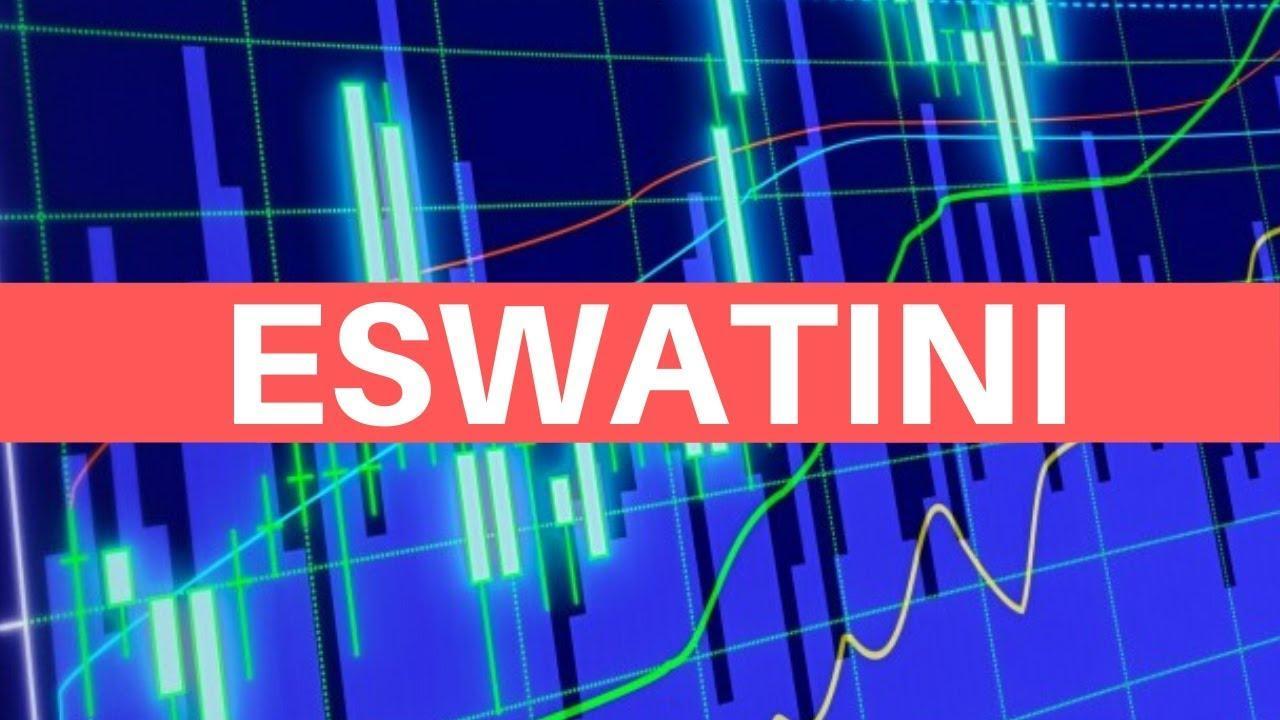Africa-Press – Eswatini. Outgoing European Union (EU) Ambassador to Eswatini Dessislava Choumelova has urged EmaSwati to use the EU market access better.
Choumelova speaking during a published interview online said EmaSwati can thrive in the European market with the right support and market access.
“Various regional and international trade agreements facilitate access to export markets in Africa and overseas.
Through such arrangements as the EU and SADC, Swati products are generally granted preferential access to all the world’s important markets, including the European Union, the United States, Canada, Japan, and Australia,” said the Ambassador.
Worth mentioning is that the Southern Africa Development Community (SADC) concluded 2017 trade negotiations with the EU, which increased eSwatini trade in this arena,
Eswatini is a signatory to the African Continental Free Trade Area AfCFTA), which, if fully ratified and implemented by its parties, would connect 1.3 billion people across 55 countries.
Eswatini is currently a member state of the Common Market for Eastern and Southern Africa (COMESA).
The Preferential Trade Area agreements for Eastern and Southern Africa grant Swati goods and services preferential access to a market of over 250 million people.
Meanwhile, the Ambassador emphasized that small and medium businesses in the country have a quarter free access to market and export.
EU Ambassodor has urged EmaSwati to take advantage of EU and SADC Markets acess
Since Eswatini is both part of SADC and COMESA it benefits from the EU regional indicative program for Eastern Africa, Southern Africa, and the Indian Ocean (EA-SA-IO),
both as concerns the envelopes dedicated to SADC and COMESA (2014-2020).
Eswatini is also part of the EU-SADC economic partnership agreement (EPA) since 2016.
These regional cooperation schemes promote capacity building, peacebuilding and democracy, industrialization and investment, cross-border trade, private sector engagement, market access, and regional integration.
According to the Ambassador, The EU’s accompanying measures for sugar protocol countries (AMSP) have helped increase the industry’s competitiveness and alleviate poverty in participating countries.
“As part of these measures, in Eswatini, the ‘Smallholder irrigation project’ (2009-2013) successfully helped enhance the profitability, sustainability, and competitiveness of smallholder farms producing irrigated sugarcane,” she said.
She further mentioned they also support civil society organisations (CSOs) in Eswatini, via their Development Cooperation Instrument (DCI) and the European Instrument for Democracy and Human Rights (EIDHR). These contracts are directly managed by the EU delegation on the ground.
For More News And Analysis About Eswatini Follow Africa-Press







